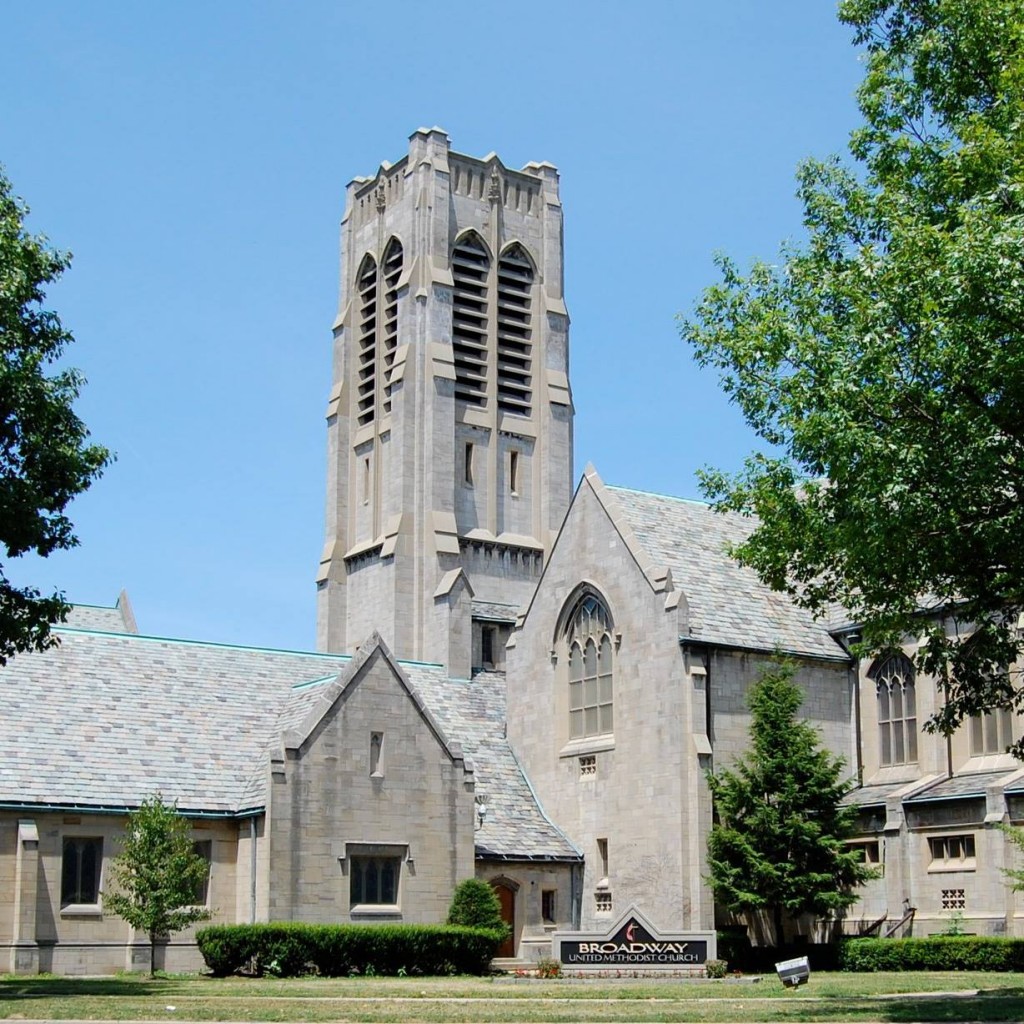Faith & Leadership reports at length on a Methodist church in Indianapolis that has “turned the model of urban ministry inside-out.”
Instead of food pantries and after-school programs, the church has for the past decade employed a “roving listener,” to engage with and understand the gifts of the community in which the church sits, and to support what is already good in the neighborhood.
Pastor Mike Mather remembers preaching one Pentecost on the scripture:
“And in the last days it will be,” God says, “that I will pour out my Spirit on all people, and your sons and your daughters will prophesy, and your young men will see visions, and your old men will dream dreams. Even on my servants, both men and women, I will pour out my Spirit in those days, and they will prophesy.” (Acts 2:17-18 NET)
At a congregational meal after the service, a parishioner asked Mather pointedly, “So how come we don’t treat people like that?”
Mather didn’t understand. Then the woman explained that she was talking about the government food giveaway hosted by the church. To get food, participants had to fill out a form that basically asked, “How poor are you?”
Nowhere on the form were there questions about people’s gifts.
“If we believe that God’s spirit is flowing down on all people, old and young, women and men — and on the poor,” the woman continued, “why don’t we treat people like that’s true?”
Mather saw where she was going. He put aside the government form and, in a number of ways, began asking people new questions. One of his favorites: “What three things do you do well enough that you could teach others how to do it?”
Both Mather and Tamara Leech, an associate professor at the Indiana University Fairbanks School of Public Health who has been studying Broadway Church’s transformation, acknowledge that it is difficult to measure the impact of the listening process and “inside-out” ministry model, but
Anecdotally, both she and Mather have heard about people finding jobs through their Broadway community connections. Others have found the encouragement to enter college or technical programs. Leech points to a partnership with the state health department in which the church brought together teen mothers, many intent on having more babies right away, with older women. Two years later, none of the girls has had another child.
The article ends with three steps to asset-based community development, and a link to a guide to the process. Read more of the story of Broadway UMC here.
What has been your experience of asset-based community development and ministry?
Photo credit: Broadway United Methodist Church via Facebook
Posted by Rosalind Hughes

